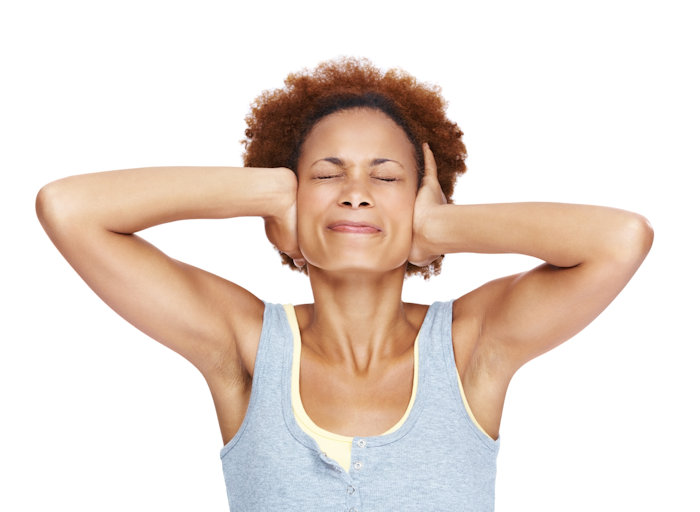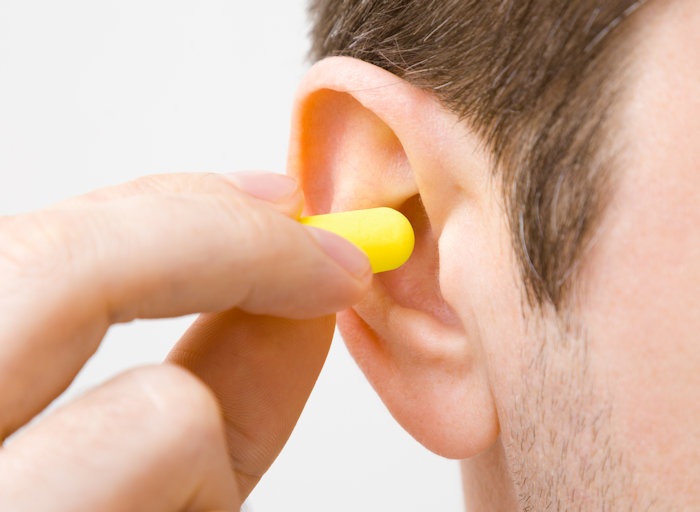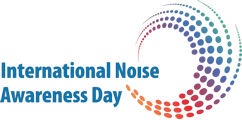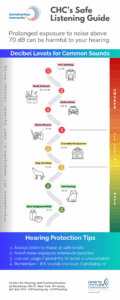Impact on Hearing
 Noise is one of the leading causes of hearing loss among the 466 million people around the world living with a moderate to severe hearing loss. While noise exposure can damage the hearing of people of any age, research has shown that young people are increasingly at risk due to recreational activities involving music. In fact, WHO estimates that 1.1 billion young people (aged 12-35 years) are at risk of hearing loss due to exposure to noise in recreational settings.
Noise is one of the leading causes of hearing loss among the 466 million people around the world living with a moderate to severe hearing loss. While noise exposure can damage the hearing of people of any age, research has shown that young people are increasingly at risk due to recreational activities involving music. In fact, WHO estimates that 1.1 billion young people (aged 12-35 years) are at risk of hearing loss due to exposure to noise in recreational settings.
One of the primary purposes of International Noise Awareness Day is to let people know that while noise-induced hearing loss is permanent, it is completely preventable by taking simple steps to avoid noise exposure and protect your hearing.
How Loud is Too Loud?
The majority of sounds most of us are exposed to every day are at safe listening levels. But certain sounds in our environment can exceed safe levels and cause damage to our ears. Think of the noise associated with certain kitchen appliances, a loud subway train, power tools or a rock concert. Even listening to music with earbuds or headphones can be damaging to structures in the inner ear if the volume is too high.
The unit used to measure environmental sound intensity is the decibel (dBA). Zero decibels is approximately the softest sound the healthy human ear can hear. Experts agree that prolonged exposure to noise above 70 dB can be harmful to your hearing. In general, the louder the sound, the less time required before hearing will be affected.
There have been hundreds, if not thousands, of research projects that document the damage caused by excessive noise to the delicate hair (or nerve) cells in the inner ear. The repeated pounding of sound pressure against the nerve fibers may cause temporary damage at first, and eventually permanent damage. Damage to these cells causes permanent hearing loss.
Noise Increases Risk of Tinnitus, Too
Loud-noise exposure can also cause tinnitus – a ringing, buzzing, or roaring in the ears or head. It’s a phantom auditory perception when no external sound is present. Tinnitus may subside over time but sometimes can continue as an intermittent or constant symptom throughout a person’s lifetime.
Noise is one of the leading causes of tinnitus. Concerts, weddings and MRIs are some of the more common situations that can trigger tinnitus symptoms. Sometimes the condition is the result of a single, very loud event, while other times it’s the result of a series of exposures. Anyone experiencing debilitating symptoms of tinnitus is encouraged to seek a thorough examination by an ENT and to discuss possible treatment options.
Noise-Induced Hearing Loss Warning Signs
Noise-induced hearing loss is cumulative across the life span. Often, by the time a person realizes that there is hearing loss, it is too late. But there are certain early warning signs to suggest that there may be a problem.
If after a noisy experience you sense ringing or buzzing (tinnitus) in the ears immediately after exposure to noise, and/or slight muffling of sounds, making it difficult to understand people, your ears are giving you warning signs. Whenever you experience hearing issues like these, you are encouraged to see a licensed audiologist who can assess your hearing, address any issues and help you protect the hearing you have.
The Good News
The issue that so many people ignore is that hearing loss due to noise exposure is completely preventable. If you use adequate hearing protection or avoid environments that are too noisy, you won’t develop a noise-induced hearing loss.
3 Steps to Healthy Hearing
- Limit noise exposure. Exposure to everyday sounds can cause permanent hearing loss if the volume is too high. It's up to you to protect your hearing, so turn down the volume, wear hearing protection and educate your children about noise.
- Get your hearing screened. Make annual hearing screenings a part of your overall health and wellness program. Five minutes with a licensed audiologist is all it takes.
- Follow up with a complete evaluation, if recommended. Get a comprehensive hearing assessment and be sure to follow the recommendations of your audiologist. Your hearing, health and quality of life depend on it!
Hearing Protection
 When you expect to be in a noisy environment, remember to bring hearing protection to avoid unnecessary damage to your hearing. Drugstore earplugs can typically get the job done at a budget-friendly price. But for added comfort and performance, consider these more personalized options.
When you expect to be in a noisy environment, remember to bring hearing protection to avoid unnecessary damage to your hearing. Drugstore earplugs can typically get the job done at a budget-friendly price. But for added comfort and performance, consider these more personalized options.
- Custom fit earplugs. This is an ideal choice for anyone exposed to noise on a regular basis, including subway riders, construction workers, concertgoers, and airplane and train travelers. Custom protection can protect your hearing from environmental noise while still allowing you to take part in conversations.
- Musician earplugs. Musician earplugs allow music makers and appreciators to enjoy a lifetime of the music they love. Whether you play in your basement or Carnegie Hall, musician earplugs can reduce the level of sound without distorting the quality of the music. They’re available in a range of colors (including clear) and hide in the ear canal.
- Custom earbud-style music headset. A custom headset enhances the listening pleasure for music lovers who are concerned about listening to music on their smartphone at a safe level. With a custom earbud-style headphone, the environmental sound is reduced so the listener reduce the volume to a less harmful level.
Noise-induced hearing loss, while permanent, is preventable. When you find yourself in noisy situations, distance yourself from the source of the noise or use hearing protection. And always remember... If it sounds too loud, it probably is.
Wishing you all a lifetime of healthy hearing!

